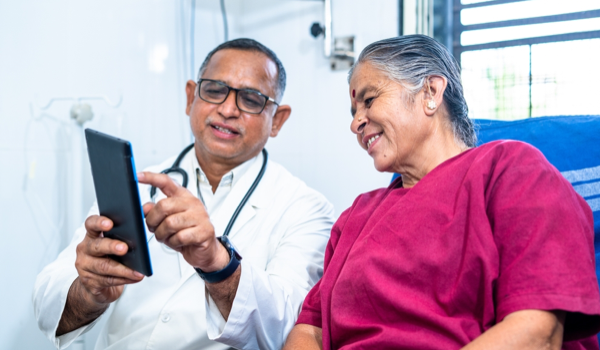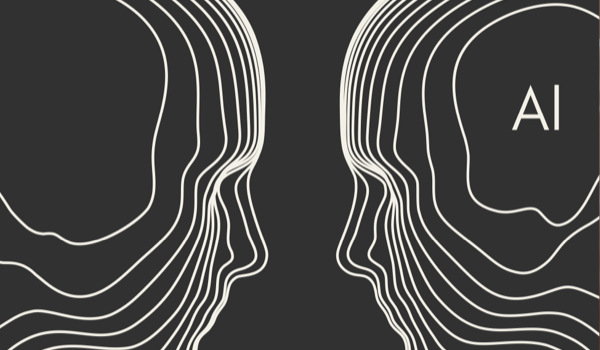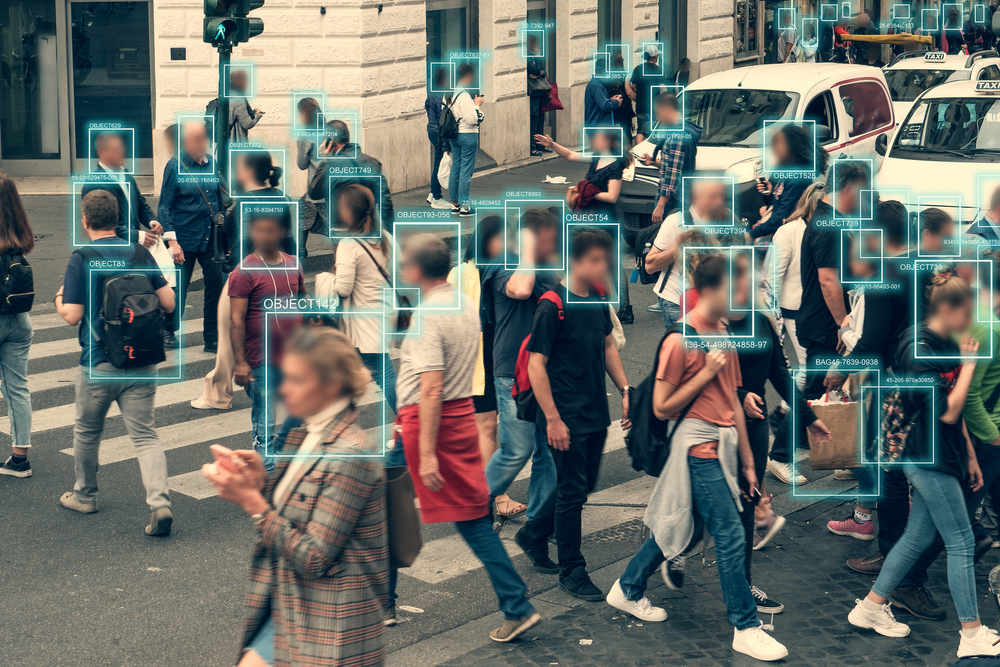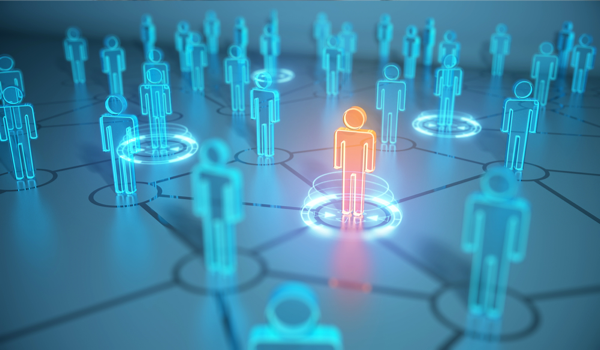

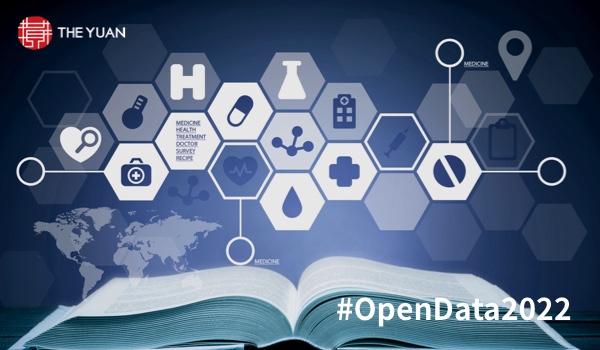
ALEXANDRIA, VIRGINIA - Artificial intelligence (AI) promises to revolutionize healthcare. Even now, AI diagnostic tools can assist lower-level health workers in making diagnoses that could otherwise only be made by highly trained specialists. AI software can read pap smear slides, freeing up pathologists to do other important, less routine work, and AI can analyze patient data and identify subtle trends that escape the human eye.
Yet we are at great risk that this revolutionary technology will be applied unevenly and be disproportionately more available and helpful to more privileged people in the global north.
When Alan Turing, the father of AI, was born in the United Kingdom 110 years ago, the average life expectancy at birth in the UK was 49. Compare that to Nigeria, the most populous country in Africa. The first date we have life expectancy data for Nigeria is 1950, when that at birth for the average Nigerian was 33.1 Currently, the life expectancy in the UK has risen to 81, while in Nigeria it is 57.2 Though many elements of modern medicine are now available in Nigeria and other low- and middle-income countries (LMICs), this lingering inequity in lifespans shows the incredible power of Turing’s legacy has not yet reached its full potential in global healthcare.
There are several major factors holding back AI in global healthcare and keeping it from reaching its full potential. Within the healthcare industry, such factors include a number of legal, ethical, payment, and practitioner related challenges. Many of these challenges are specific to the healthcare sector, as opposed to other sectors in which AI is widely applied, such as engineering, commerce, and agriculture.
One of the most important limiting factors is the lack of available data for AI. Data are needed for AI for many reasons, but two of the main reasons include having data for AI to analyze for research purpos
The content herein is subject to copyright by The Yuan. All rights reserved. The content of the services is owned or licensed to The Yuan. Such content from The Yuan may be shared and reprinted but must clearly identify The Yuan as its original source. Content from a third-party copyright holder identified in the copyright notice contained in such third party’s content appearing in The Yuan must likewise be clearly labeled as such. Continue with Linkedin
Continue with Linkedin
 Continue with Google
Continue with Google









 2420 views
2420 views
